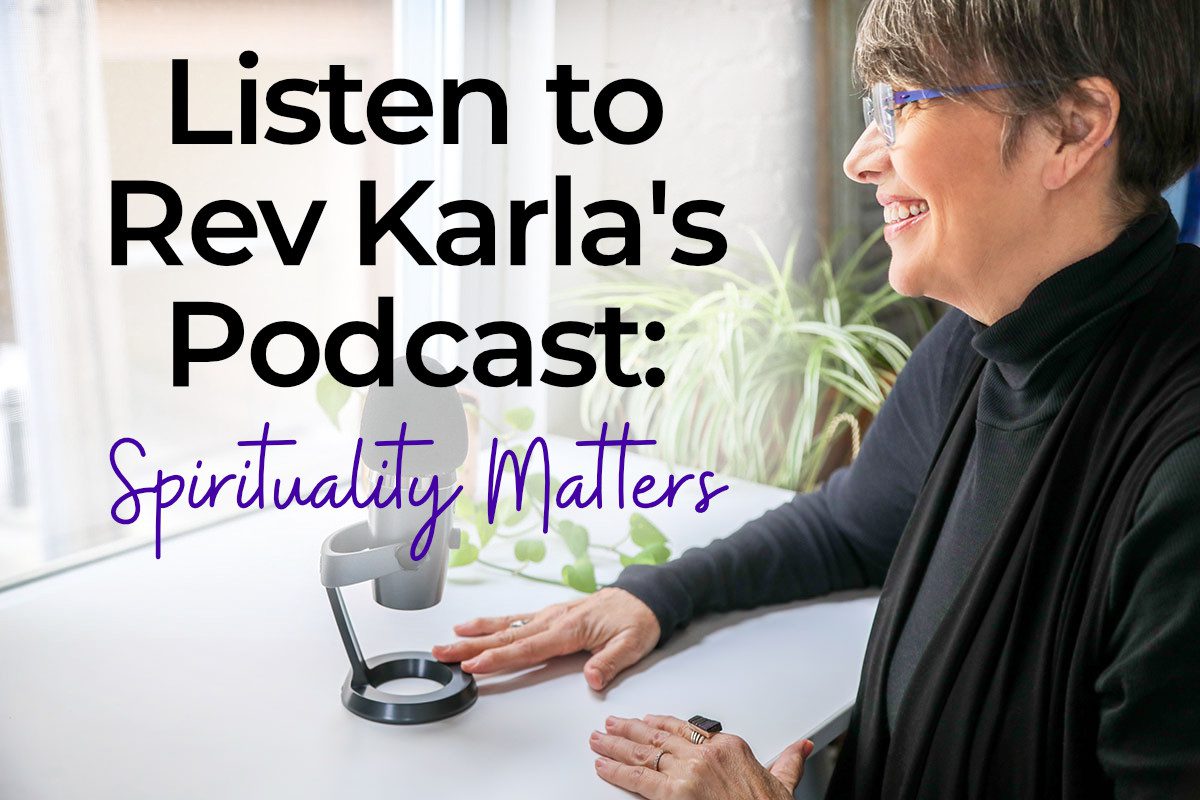For the Good Times
Grieving What Was Lost and Finding Hope After Deconstructing Christianity
My childhood was filled with all genres of music. From country and soul to hard rock, music was a huge part of my life. Throughout the years, that early exposure to music helped develop one of my superpowers that comes in extremely handy during a trivia match. Some people may have the gift of recalling specific quotes from a book — I remember song lyrics. It isn’t uncommon for those lyrics to pop into my head throughout my day. However, nothing more poignant in my life invites those lyrics’ to show up than when I’m deep in a writing project.
And that is exactly what happened with today’s blog.
Two songs — twenty years apart and from completely different genres — came to mind as I began to write for this blog. Both songs were wildly popular in their time for capturing the heartache that comes when someone is painfully aware that love is gone, and the relationship they cherish is dying.
Why would the topic of grieving the loss of my church bring to mind two love songs about unrequited love? How could a song that was released in 1970, when I was only nine years old, carry meaning for the grief one experiences when deconstructing from your religious heritage? What good would it do to equate the pain of losing a loved one to the pain of losing your religion?
I honestly didn’t know, but all of a sudden, I became hesitant to dive into writing on this subject because I sensed that my own grief surrounding my deconstruction journey was asking for light.
Grief is sneaky that way. It sneaks up out of nowhere and blindsides you in the most inopportune times. Something as simple as happening upon a long-lost picture of you standing next to a loved one, or passing a bakery where a familiar scent harkens you back to another time when you and the love of your life sat eating scones fresh out of the oven. You know those memories — the ones that punch you in the gut with such force, you feel the breath leave your lungs and your heart hit the floor.
Sitting with grief once it arrives is a sacred act that requires a willingness to embrace that your life is intricately woven together by moments of joy that warm the heart and moments of loss that breaks it. In between those polar opposites are all the life experiences you carry, each built upon the other and can easily reach into the now and remind you of its importance and its presence.
In 1970, Ray Price released the song “For the Good Times.” Ray’s sultry voice is as much of my childhood as the Monkeys and Charlie Pride. From my nine-year old perspective, “For the Good Times” played much too often because nothing would ever be as good as Davey Jones singing “Sleepy Jean.” Although I couldn’t completely comprehend what Price’s song meant, I could see from its impact on the adults in my life that Price’s song created a groundswell of emotion.
“Let's just be glad
We have this time to spend together
There is no need
To watch the bridges that we're burning”
Reading those lyrics through the lens of my own life experiences, I now see that a song powerful enough to equally invite grief then hold that space while you experience that grief is indeed rare. That is what Price’s song was for the 70’s, just as Bonnie Raitt’s song, “I Can’t Make You Love Me,” was for the 90’s.
“Cause I can't make you love me if you don't
You can't make your heart feel something it won't
Here in the dark, in these final hours
I will lay down my heart and I'll feel the power
But you won't, no you won't
'Cause I can't make you love me, if you don't”
Raitt’s song held the same sacred power for the next generation of humans who were learning that living, loving and losing transcend time — it will always break you, leaving you to wonder if you’ll survive the experience. And if you do survive it, who will you become on the other side of it?
Who will you become? After loss, that question may not be answered for years. For some, it is never answered. The pain of loss becomes their identity, and nothing else about life now matters. It’s only those who journey through the grief and answer the call to return to life that emerge on the other side of the experience — not quite who they once were — forever changed and forever mindful of how fragile and precious life really is.
The writers of Raitt’s 1991 hit said that the song was inspired by a story of a man who, drunk and devastated because of his failing marriage, demolished his soon-to-be ex-wife’s car. At his court hearing, the judge asked him what he had learned from this experience. The judge was expecting something like, “my actions have consequences.” Instead, the man paused, reflected and said, “I guess I learned that you can’t make someone love you if they don’t want to.” That one sentence caught the eye of a writer who was gifted with seeing sacred moments in life that had the power of connecting us to the human experience.
I understand this process so deeply, as I often will read something and feel that pull to the deeper story that is asking for light. And while it may not come in the form of a once-in-a-generation song, it arrived here today as I released what I thought I would write about grief and what actually was asking to be written.
I thought this blog would be filled with my sharing the good times — those memories of church that warm my heart. The people with good hearts and intentions, the times when something sacred and Holy moved through the room as people came together for the common good, and those moments when we would hold the space to comfort each other in meaningful ways. My childhood is peppered with memories of the sights and smells that only an old church holds and sitting beside my grandmother, listening to her sing the ol’ time gospels.
All those life experiences I carry between the polar opposites of joy and sorrow. They are there, tucked neatly into my other lived experiences. To deny their presence would be denying who I was then, because they helped shape who I am now.
I am one of those who journeyed through the grief of losing my religious heritage. I answered the call to return to life. I emerged from the spiritual wilderness I had experienced on my deconstruction journey, and I came out on the other side of the experience — not quite the same — and forever changed and forever mindful of how fragile and precious life really is.
I am indeed grateful for the times that were good, for they taught me what kindness looks like in humanity. I’m equally grateful for the times that were bad, for they pointed me toward the path where I discovered who I truly am.
I won’t stay to watch the bridges burn between what was and what is now. There’s too much work to do, and part of that work is acknowledging the good times while healing from the bad times.
That is the story that arrived today.
It wasn’t what I expected, but I pray what arrived carries the power of the human experience that is reflected in your own life’s story between who you were and who you are becoming.
That is living, losing and losing. That is the sacred wisdom of grief.
Blessed be.


